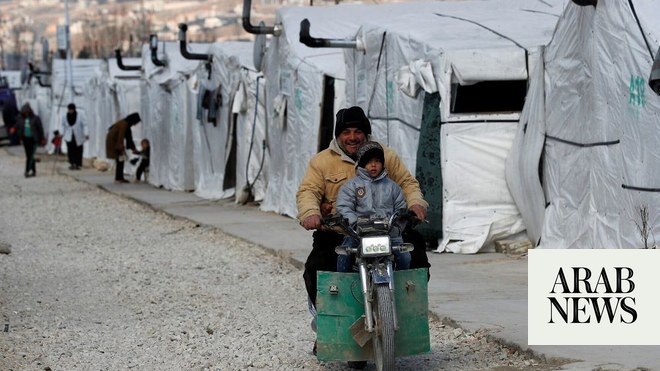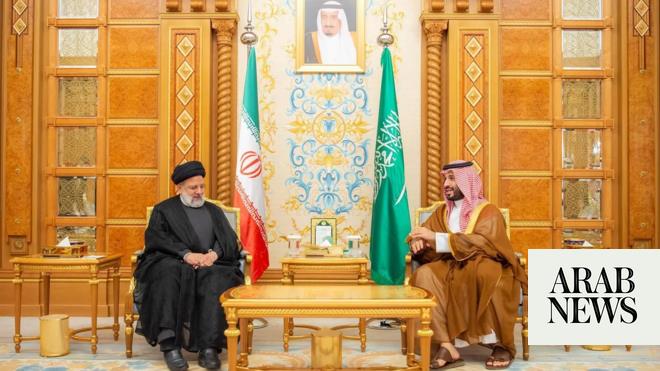
Warnings by Western officials over the need for reforms in Lebanon had often been met with disappointing responses by the country’s political leaders, a senior United Nations official said on Monday following this month’s Beirut port explosion.
US and French officials visiting the city after the Aug. 4 blast that killed 178 people said they had made clear they would not extend a financial lifeline to the country if its leaders did not tackle corruption and mismanagement.
The officials were representing the International Support Group (ISG) for Lebanon which includes the United Nations, the United States, France and Britain.
“With grave concerns ISG Ambassadors today discussed the deepening overall crisis in Lebanon,” tweeted Jan Kubis, UN special coordinator for Lebanon.
He said tough warnings had been delivered to the authorities and political leaders and their responses had often been rather disappointing.
“Expectations of the international community are well known - without urgent reforms that require broad political support Lebanon cannot count on any bailout,” he tweeted.
The call echoes others from Western powers, including French President Emmanuel Macron and US Undersecretary for Political Affairs David Hale, who both visited Beirut. Hale said Lebanon needed “economic and fiscal reforms, an end to dysfunctional governance and to empty promises”.
The detonation of highly-explosive material stored unsafely for years at the port injured 6,000, left 300,000 homeless and destroyed whole neighborhoods.
The now-caretaker cabinet on Monday extended a state of emergency in the capital until Sept. 18.
The government resigned amid renewed protests against ruling politicians blamed for a financial crisis that developed even before the blast, that ravaged the currency, saw banks freeze depositors out of their savings and sent unemployment soaring.
Analysts estimate that after the explosion that wrecked the port, a main trade artery, Lebanon’s external financing needs swelled to more than $30 billion from $24 billion.
The outgoing government, which took office in January with the backing of the Iran-backed Hezbollah group and its allies, had not made progress in talks with the International Monetary Fund launched after Lebanon defaulted on foreign currency debt.
Forming a new government is likely to be complicated due to factional rifts in the country’s sectarian power-sharing system.











